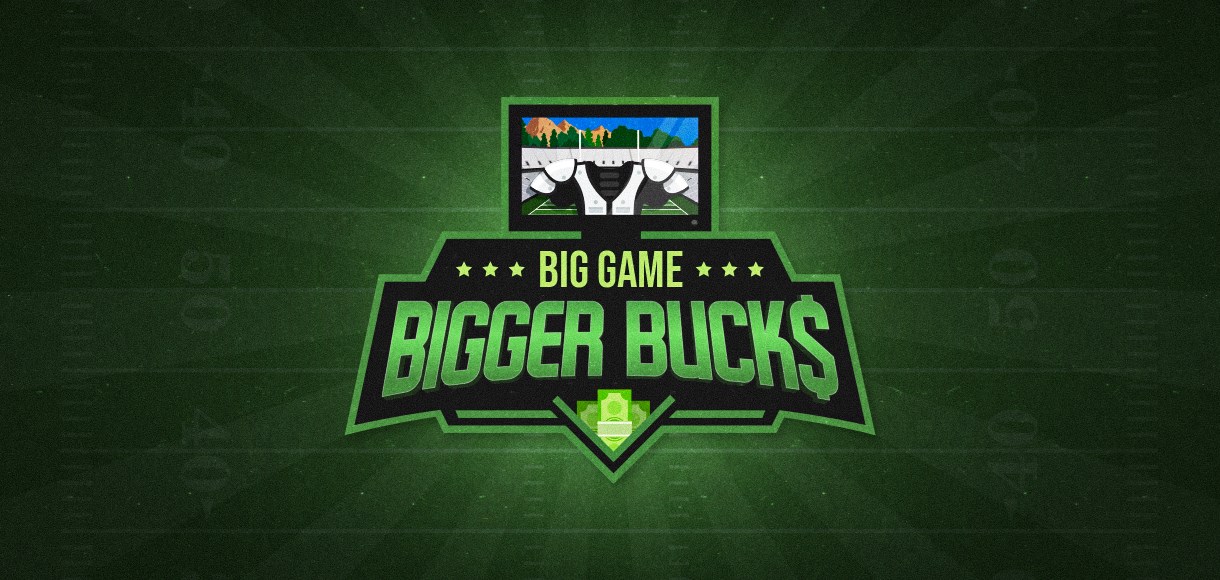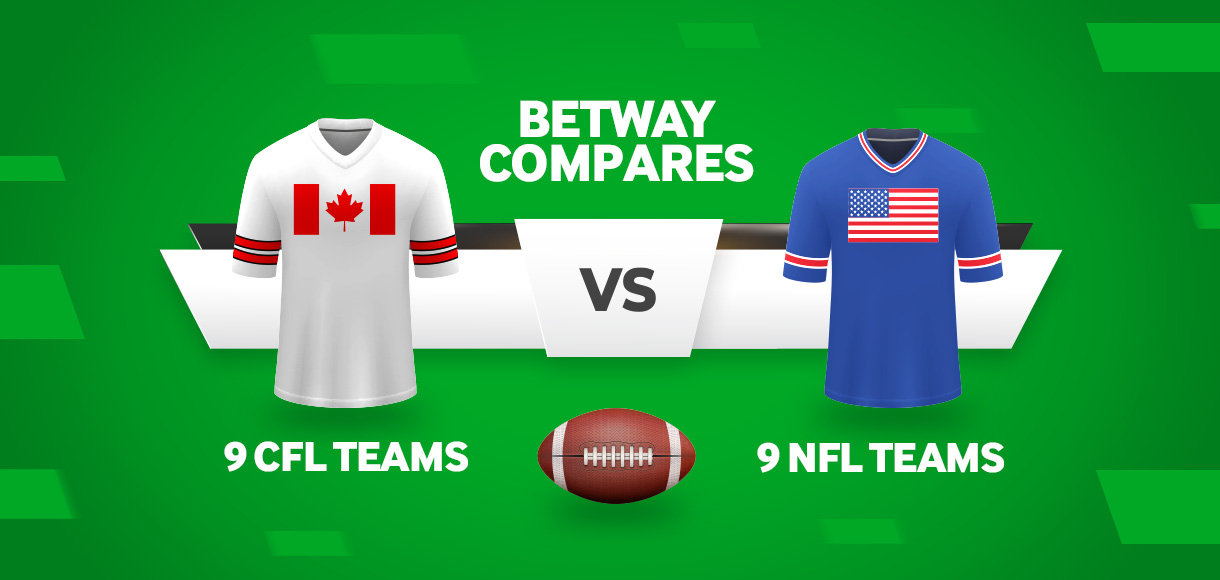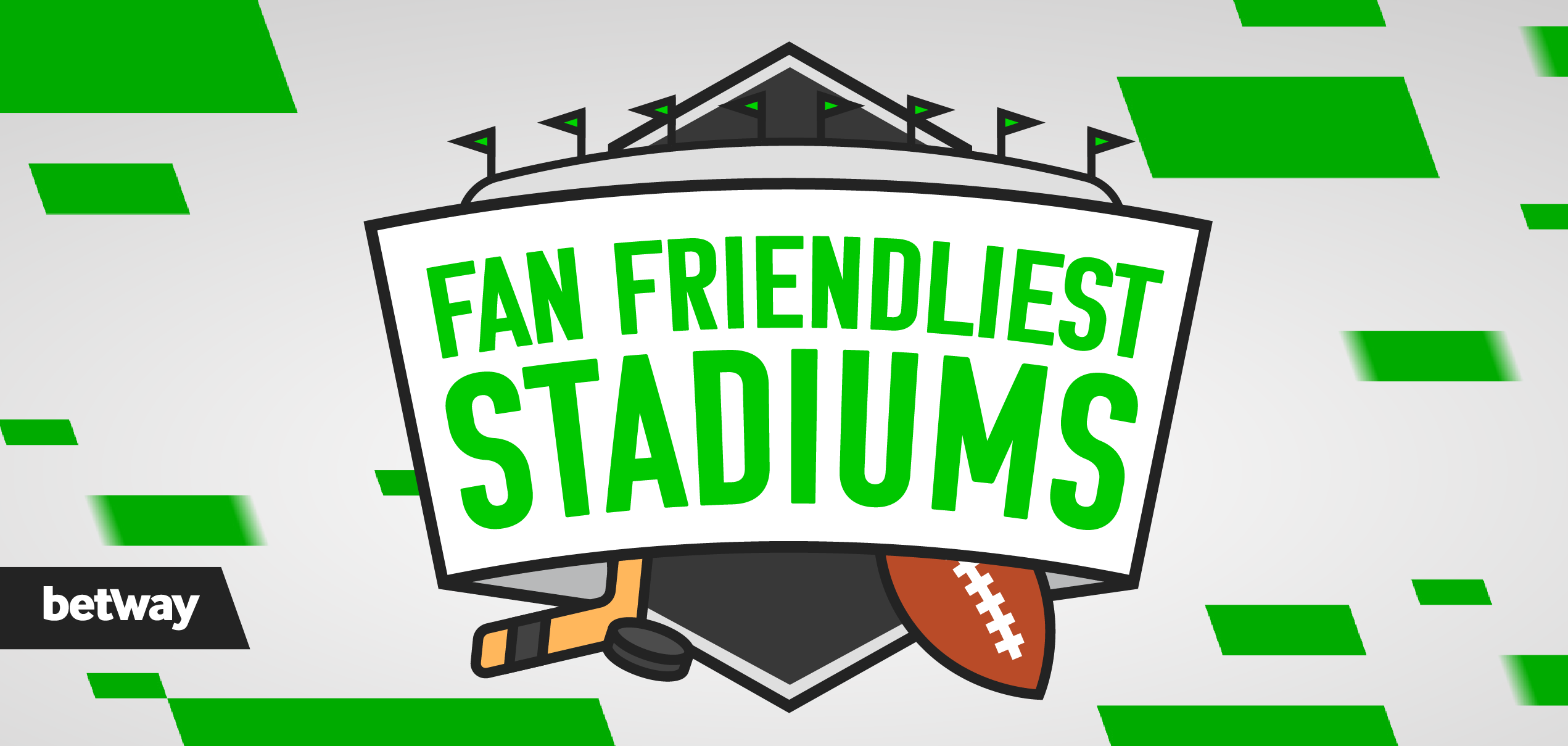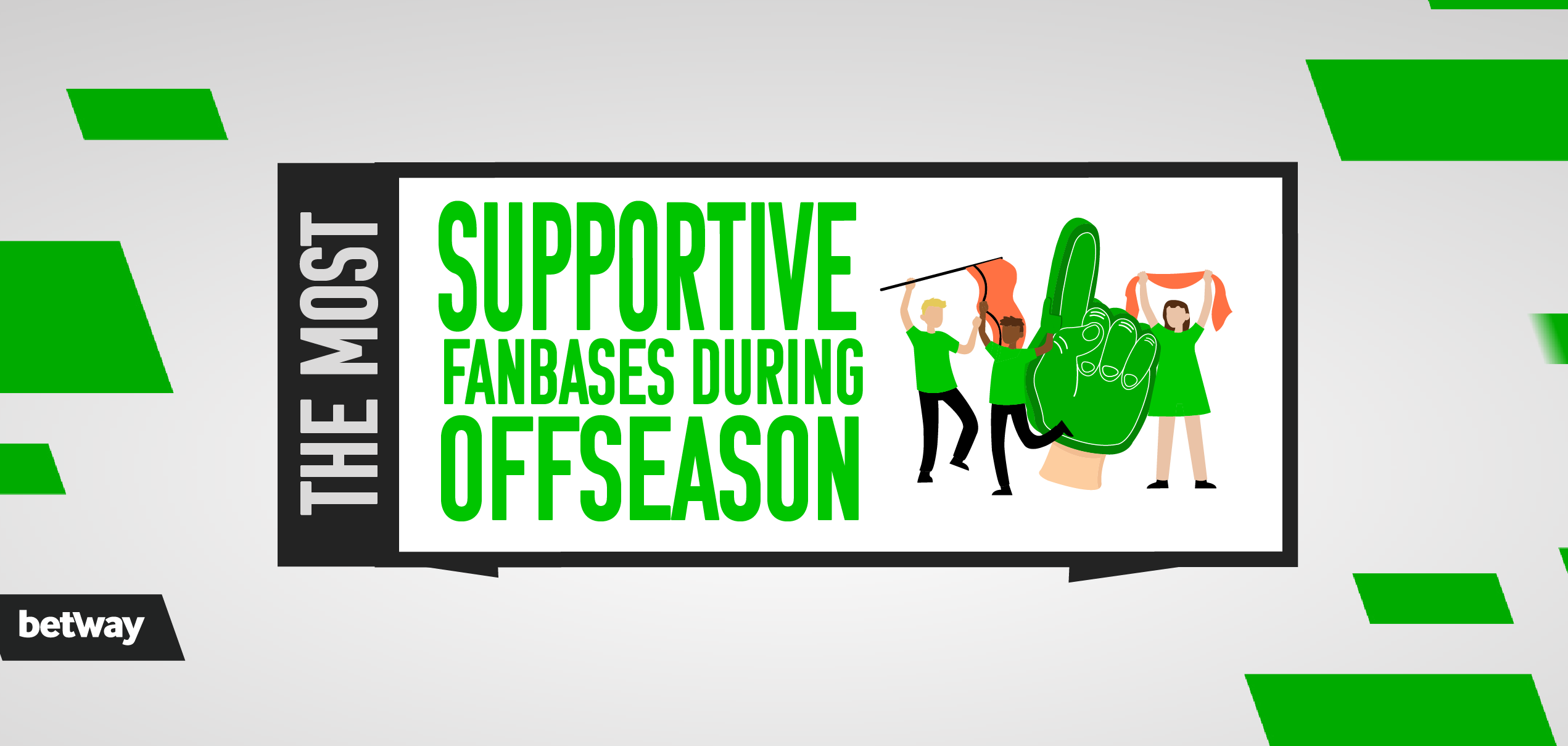Why the Super Bowl defies the decline of TV advertising

With the cost of a 30-second spot rising to a record $5.6million this year, the Super Bowl continues to buck the trend in a slumping industry.
When Super Bowl LIV kicks off at the Hard Rock Stadium in Miami on 2 February, more than 100 million Americans will watch on television.
They’ll be tuning in for the football, obviously - the Kansas City Chiefs are current favourites to win the Lombardi Trophy in the NFL betting - but also for the adverts.
Brands plough millions of dollars into creating some of the biggest and best TV commercials of the year. The aim is to create a buzz, win a place in the top 10 of USA Today’s Super Bowl Ad Meter and, ultimately, make big money.
Commercials have become such an integral part of Super Bowl Sunday that some people, particularly younger viewers, find them more interesting than the game itself.
“You have the industry to thank for that,” says Doug Gould, a former creative director who created two award-winning Super Bowl spots for Budweiser during a 34-year career in advertising.
“They looked at the amount of human beings who were watching this event and they said: ‘We have this many eyeballs at once - we should not screw this up. We should do something big. We should do something that amazes people.’”
The Super Bowl’s captive audience is reflected in the price that brands are charged to advertise during the event.
Fox has charged up to $5.6m per 30-second slot this year, an increase of almost seven per cent on the average price of $5.25m in 2019.
While the rise of streaming platforms means the cost of TV advertising elsewhere is falling – 62 per cent of series on the big four networks saw the cost of a 30-second spot decrease last year – the Super Bowl bucks that trend.
And it’s not just because of the massive audience. The prestige of having a Super Bowl ad and being a part of the conversation means the big game remains lucrative even as prices are falling across the industry.
“The eyeballs are primary,” Gould says. “It’s a guaranteed audience of X million - whatever that number is going to be this year. The business of the business is the more eyeballs you get, the more you should pay.
“That’s the technical answer. But what else drives price? The same thing that makes us buy $150 jeans, or pay $100 for a hamburger that's made from a particular cow in Japan that nobody's heard of before.
“It’s that human element: the desire, the need to be seen, and paying for the most important real estate for the sake of saying you were there.”

With TV ad prices falling, it only follows that spending in the sector is also in decline, as companies move large chunks of their marketing budget from television to the internet.
Total spend on TV advertising decreased by almost three per cent in the US in 2019, falling below 30 per cent of the country’s total ad spend for the very first time.
The Super Bowl, however, remains untouched by decline.
Super Bowl ad spots usually sell out by Christmas or early January. This year, even at record prices, Fox sold all 77 spots by mid-November.
“With the rare exception of sports and tragedies now – hurricanes, volcanoes, terrorist attacks – where people are watching the news 24 hours a day, it’s harder and harder for clients to pin down a massive amount of customers,” says Gould.
“That, combined with a strong economy, gives the networks the strength of knowing that they can charge what they want and get it.”
Securing a spot is only half the story, though. To make their investment worth it, companies hire the best creative minds in the country to produce a successful ad.
That is something Gould knows a lot about. Now working as Professor of the Practice in Advertising at Boston University, Gould helped create Budweiser’s “Respect” spot in 2002 – named the third-greatest Super Bowl ad of all-time by AdAge – and their “Replay” campaign, which topped the USA Today Ad Meter in 2003.
“I think you have to have a little bit of zig when everybody else is zagging,” he says. “There has to be something that feels not like part of the group, that has entertainment value.
“I think the stuff that sticks out is surprising in some way, but also not surprising for the sake of surprising. It has to have a purpose behind it.”
One person hoping to make a splash at the Super Bowl this year is president Donald Trump, who has dropped $10m on a 60-second spot.
“This is significant,” Gould says. “I don't remember seeing politicians advertise nationally at the Super Bowl before.
“Politics has been injected into sport in the past – if you go back to the 1936 Olympics in Berlin, and then the 1980 games in Moscow – so I guess it was just a matter of time until it found its way into the Super Bowl.”
Trump will hope his foray into the NFL pays off ahead of the election later this year. In theory, a huge, attentive audience could provide a major boost to his hopes of remaining in the Oval Office for a second term.
Gould suggests that the president may, however, be wasting his money.
“I don't think this will make a difference for him,” he says. “Most of us here in the US think that if you have an opinion already, you're not changing it. Whatever he does at the Super Bowl is not going to change anyone's mind.”
Trump is not the only politician to have targeted the big game. Democratic hopeful Michael Bloomberg has bought a 60-second slot of his own – admittedly in an attempt to rile up the president – and Gould believes the former mayor of New York stands to make a return on his $10m investment.
“It's valuable to Bloomberg because he still doesn't have enough name recognition,” he says. He's running at the back of pack, and this will help him get in good position for the primaries in February. The timing of it is super important.”
With the president and his rivals now clamouring for air time at the big game, it seems there is little danger of the Super Bowl losing its status as the most coveted advertising spot on TV.
“The Super Bowl is one of the few places in the universe where you know people are going to see you. They can't skip you, they can't fast forward, they can't scroll down the page.
“Yeah, they can go to the bathroom - they've always been able to do that - but the importance of it has been ratcheted up.
“Your success in that space, if you decide to play in there, matters that much more.”
Visit Betway's NFL betting page.





































